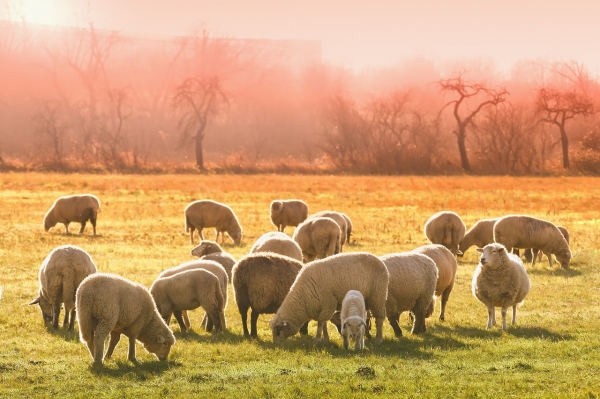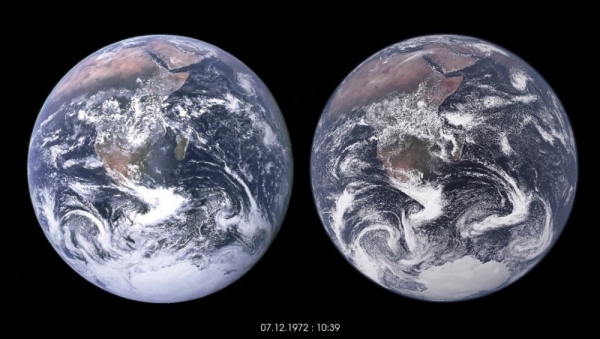Among the vast expanse of Antarctica lies the Thwaites Glacier, the world’s widest glacier measuring about 80 miles on the western edge of the continent.
articles
Temperature, Humidity May Drive Future Transmission of Parasitic Worm Infections
As climate changes, temperature isn’t the only factor to influence the spread of infectious diseases.
Side Effects of Wide Scale Forestation Could Reduce Carbon Removal Benefits by up to a Third
The side effects of large-scale forestation initiatives could reduce the CO2 removal benefits by up to a third, a pioneering study has found.
Low Oxygen in Lakes May Breathe New Life Into Conservation Efforts for Water Quality
Abigail Lewis traveled all across the United States for college and graduate school, and she ended up researching lakes in her own hometown.
Africa’s Tropical Glaciers Have Shrunk by 90 Percent, Study Finds
Glaciers atop Mount Kenya, Mount Kilimanjaro, and the Rwenzori Mountains in East Africa are shrinking at an alarming rate as the region heats up.
Cloud Clustering Causes More Extreme Rain
Understanding cloud patterns in our changing climate is essential to making accurate predictions about their impact on society and nature.










